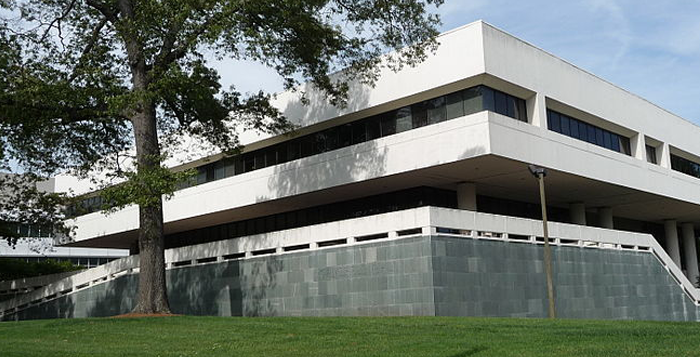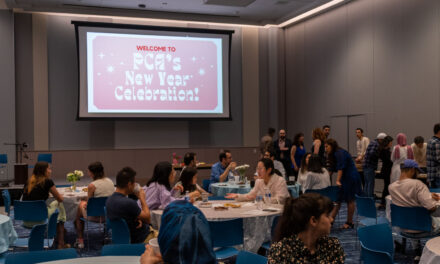“War is hell. Law is better than war.”
Benjamin Ferencz, the only surviving chief prosecutor from the Nuremberg Tribunals, hosted a talk where he discussed international criminal justice at the Emory School of Law yesterday.
The lead prosecutor in the Einsatzgruppen case, another famous World War II case, Ferencz delivered anti-war messages, advocated his beliefs in an international rule of law and opened the panel for questions in his talk, titled “International Criminal Justice: Reflections of a Nuremberg Prosecutor.”
The event was open to all members of the Emory community.
The Einsatzgruppen case involved trying a Nazi German death squad deployed with the task of carrying out mass killings of Jews, gypsies and Soviet political commissars in territories conquered by Nazi Germany in Eastern Europe. Ferencz estimated that 3,000 Einsatzgruppen members were responsible for the deaths of over one million Jews.
Ferencz served in the U.S. Army during the Second World War prior to serving in the newly created War Crimes Branch, which investigated war crimes by the Einsatzgruppen.
Ferencz recounted his memories of finding evidence for trials in war-time Germany, in which he convicted all 22 of those responsible for the genocide of Jews on the Eastern Front. However, he emphasized that convictions were not the most important part of his career.
“The important thing is not to convict people,” Ferencz argued. “It is to determine the crimes. This is the purpose of criminal law.”
After 1970, Ferencz was also responsible for the promotion of international criminal justice and for his role in the establishment of the International Criminal Court, according to the Emory Law School website.
Second-year Law student Joshua Carmel heard about the panel from his professor. Having taken a class on international criminal law the previous semester, Carmel said that he attended the lecture to learn about
Ferencz’s role in the formation of the International Criminal Court.
“I [wanted to] hear from someone at the forefront of creating the international law legal process,” Carmel said. “I [was] interested [in listening] to his experiences.”
Ferencz’s career as a war criminal prosecutor involved tasks ranging from investigating the deaths of crashed pilots at the hands of mob violence, to being a part of the division which liberated the Buchenwald concentration camp.
Despite the brutality that Ferencz witnessed, he delivered a message of hope for a harmonious future.
“All human beings are entitled to live in peace and prosperity no matter their race or ethnicity,” he said.
College freshman Robert Gershowitz described Ferencz as optimistic and inspirational.
“He was one of the most optimistic people I have ever met, even after seeing the horrors of the concentration camps and World War Two,” Gershowitz said. “He motivated the law students by telling them that they had the power to fight war with law.”
— By Emily Lim, Staff Writer






